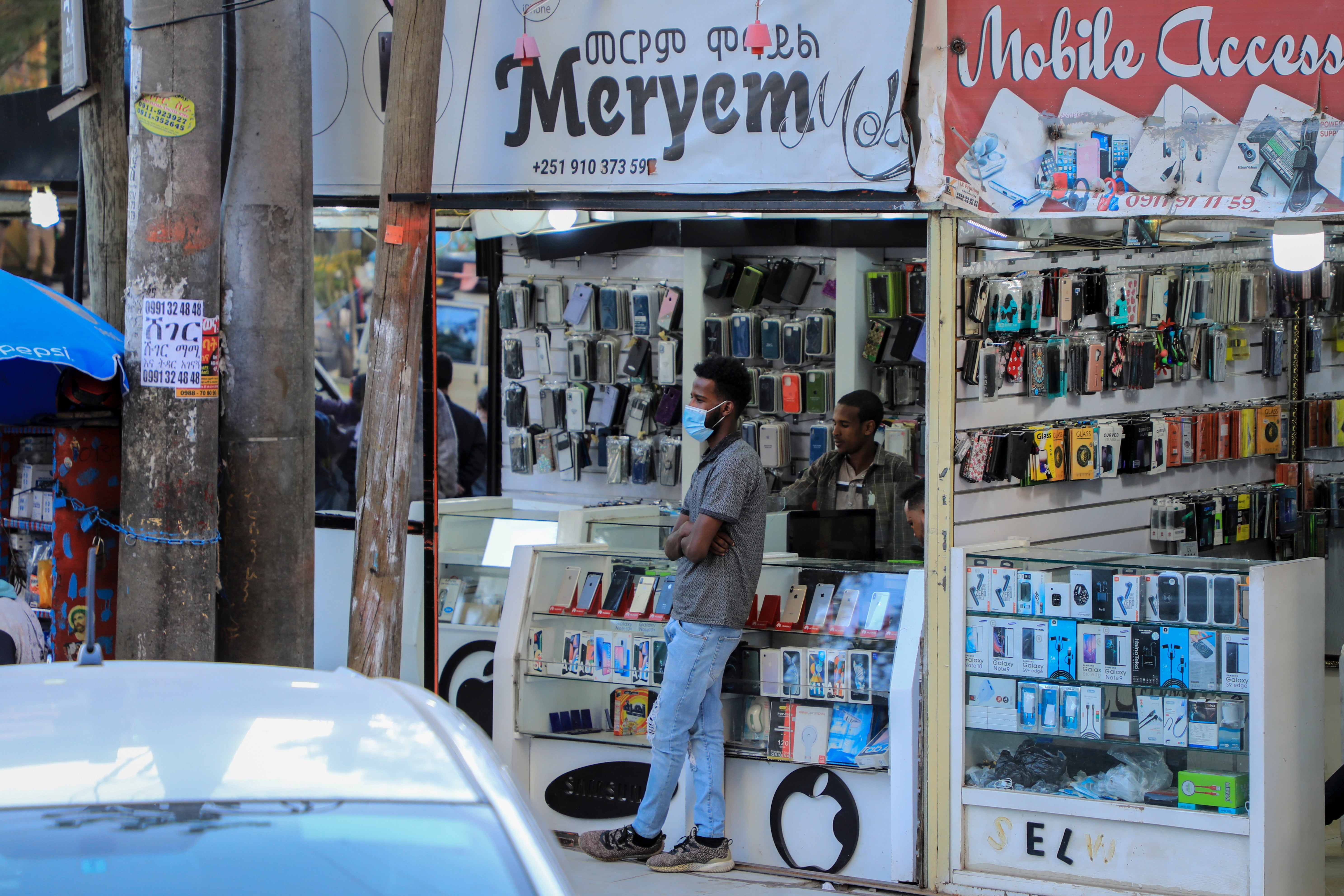UN Security Council calls for end to Ethiopia hostilities
The U.N. Security Council has called for an end to the intensifying and expanding conflict in Ethiopia,, and for unhindered access for humanitarian aid to tackle the world’s worst hunger crisis in a decade in the war-torn Tigray region

Your support helps us to tell the story
From reproductive rights to climate change to Big Tech, The Independent is on the ground when the story is developing. Whether it's investigating the financials of Elon Musk's pro-Trump PAC or producing our latest documentary, 'The A Word', which shines a light on the American women fighting for reproductive rights, we know how important it is to parse out the facts from the messaging.
At such a critical moment in US history, we need reporters on the ground. Your donation allows us to keep sending journalists to speak to both sides of the story.
The Independent is trusted by Americans across the entire political spectrum. And unlike many other quality news outlets, we choose not to lock Americans out of our reporting and analysis with paywalls. We believe quality journalism should be available to everyone, paid for by those who can afford it.
Your support makes all the difference.The U.N. Security Council called for an end to the intensifying and expanding conflict in Ethiopia on Friday, and for unhindered access for humanitarian aid to tackle the world’s worst hunger crisis in a decade in the war-torn Tigray region.
The U.N.’s most powerful body expressed serious concern about the impact of the conflict on “the stability of the country and the wider region,” and called on all parties to refrain “from inflammatory hate speech and incitement to violence and divisiveness.”
The press statement was approved by the 15 council members the day after the first anniversary of the war in the northern Tigray region that has killed thousands of people and displaced millions. It was only the council’s second statement on the conflict, and the first to address the worsening conflict.
The council called on the parties “to put an end to hostilities and to negotiate a lasting cease-fire, and for the creation of conditions for the start of an inclusive Ethiopian national dialogue to resolve the crisis and create the foundation for peace and stability throughout the country.“
Council members said the language in the statement was watered down after objections from Russia to the original statement which “called on all parties to immediately end hostilities without preconditions.”
But the statement, read by Mexico’s U.N. Ambassador Juan Ramon De La Fuente Ramirez, the current council president, did call for an end to hostilities -- though without the word immediately. It did single out “the expansion and intensification of military clashes in northern Ethiopia.“
In recent weeks, the conflict has expanded, with Tigray forces seizing key cities on a major highway leading to Ethiopia’s capital, Addis Ababa, and linking up with another armed group, the Oromo Liberation Army, with which it struck an alliance in August.
Months of political tensions between Ethiopian President Abiy Ahmed’s government and the Tigray leaders who once dominated Ethiopia’s government exploded into war last November. Following some of the fiercest fighting of the conflict, Ethiopia soldiers fled the Tigray capital, Mekele, in June. Facing the current Tigray offensive, president Abiy declared a national state of emergency with sweeping detention powers on Tuesday.
The Tigray forces say they are pressuring Ethiopia’s government to lift a deadly months-long blockade on their region of around 6 million people, where basic services have been cut off and humanitarian food and medical aid are denied.
U.N. Secretary-General Antonio Guterres said last month that at least 5.2 million people in the region need humanitarian assistance including at least 400,000 “living in famine-like conditions.” Child malnutrition levels are now at the same level as they were at the start of the 2011 famine in Somalia, he warned.
The press statement reiterated the Security Council’s support for the African Union’s role in resolving the conflict and gave strong support to the “strategy and efforts to achieve a cease-fire and a prompt and peaceful resolution of the conflict” being undertaken by the AU’s high representative for the Horn of Africa region, former Nigerian president Olusegun Obasanjo.